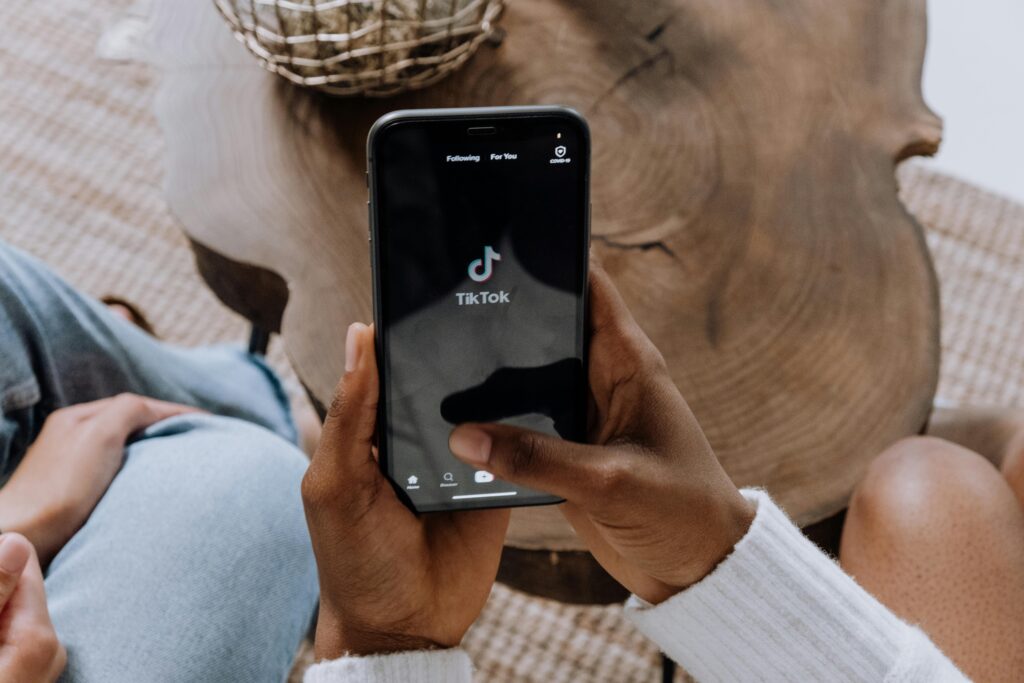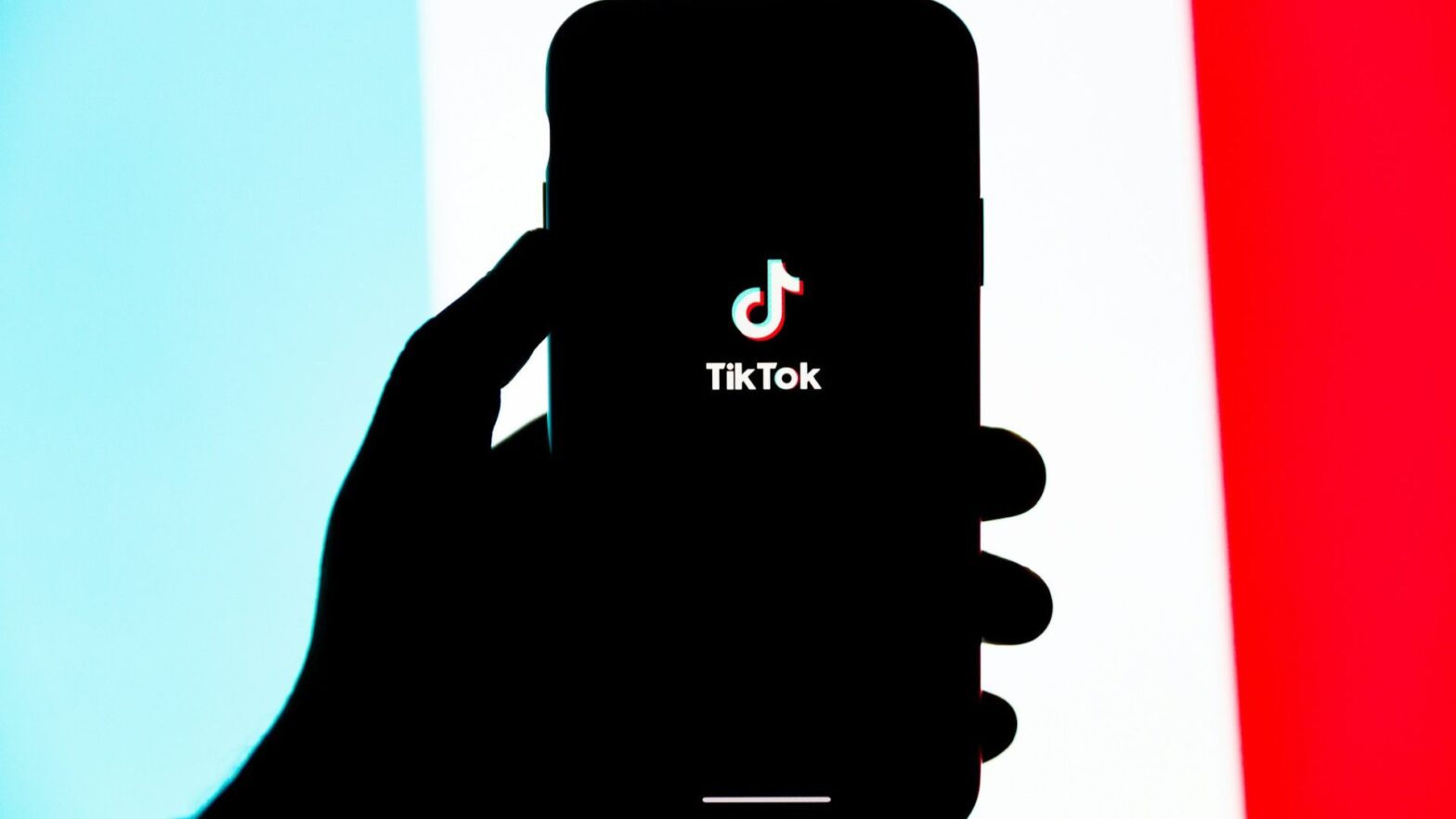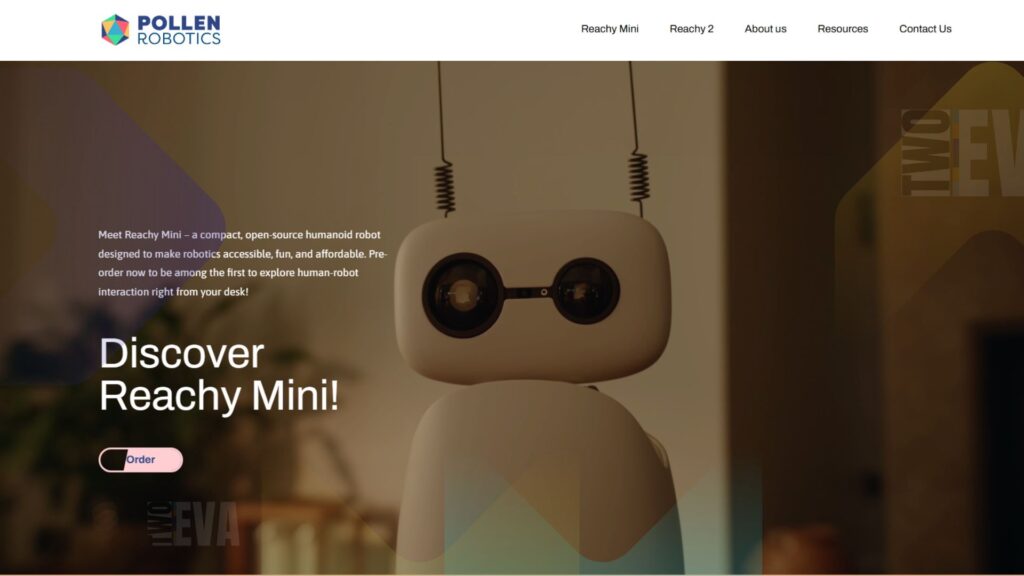In the face of mounting scrutiny and potential bans, TikTok has unveiled its ambitious $1.5 billion initiative, Project Texas, aimed at addressing U.S. national security concerns. But as the dust settles on this grand announcement, skepticism lingers: Is this truly a silver bullet for TikTok’s woes, or merely an elaborate smoke and mirrors act?
Project Texas emerged in the wake of executive orders issued by former President Trump in 2020, which sought to either ban TikTok or force its divestiture from Chinese parent company ByteDance. The orders were rooted in fears of potential Chinese government access to U.S. user data and influence over content distribution. As negotiations with the Committee on Foreign Investment in the United States (CFIUS) progressed, TikTok developed Project Texas as its high-stakes response.
The Anatomy of Project Texas
At its core, Project Texas revolves around the creation of TikTok U.S. Data Security Inc. (USDS), a new subsidiary established in July 2022. This entity is tasked with managing functions most likely to raise security concerns, such as access to U.S. user data and content moderation decisions. USDS will be governed by an independent board of directors, subject to CFIUS review, and will report directly to CFIUS rather than ByteDance or TikTok’s global entity.

Another cornerstone of the project is TikTok’s partnership with Oracle, which beat out Microsoft for the role of trusted technology provider. Oracle is now responsible for overseeing data flows in and out of USDS to ensure they don’t pose national security risks. Additionally, all U.S. user data will be stored on Oracle Cloud infrastructure within the United States, with strict data flow controls in place.
The Price Tag of Trust
TikTok’s financial commitment to Project Texas is undeniably substantial:
| Description | Amount |
|---|---|
| Initial Investment | $1.5 billion |
| Estimated Annual Operating Costs | $700 million – $1 billion |
These figures underscore the scale and complexity of the project, as well as TikTok’s determination to address U.S. security concerns. The ongoing costs cover various aspects of maintaining the separate U.S. data security infrastructure, including staffing, technology maintenance, and compliance measures.
Skepticism Persists
Despite TikTok’s significant investment and elaborate security measures, many lawmakers and security experts remain unconvinced. Critics argue that as long as ByteDance retains ownership, the risk of Chinese government influence persists, regardless of the technical safeguards in place.
Moreover, some view Project Texas as limited in scope, primarily addressing data access concerns while potentially overlooking risks related to content distribution and algorithm manipulation. This leaves open the possibility of Chinese influence over the information users see on the platform.
Senator Josh Hawley, a vocal critic of TikTok, dismissed Project Texas as “a marketing scheme” rather than a genuine security solution. Such skepticism raises questions about whether it’s technically feasible to implement the proposed safeguards effectively.
Potential Performance Pitfalls
TikTok’s commitment to security might come at a cost to user experience. The company has acknowledged that Project Texas’s complex data storage design could degrade app performance to some extent. This might result in slower load times, reduced responsiveness, or other technical issues that could impact user satisfaction.
The strict data flow controls and the requirement to route all U.S. user data through Oracle’s infrastructure may introduce latency or other technical challenges. These changes could potentially affect the app’s ability to deliver content as quickly and seamlessly as users have come to expect, potentially impacting TikTok’s core appeal.
A Precedent-Setting Move?
Some critics argue that Project Texas could set a problematic precedent for digital media regulation, potentially leading to a more fragmented internet. As governments worldwide grapple with concerns over data privacy and national security, TikTok’s approach might become a blueprint for other companies facing similar scrutiny.
However, the fate of Project Texas remains uncertain. Ongoing legislative efforts, such as the RESTRICT Act and the Protecting Americans From Foreign Adversary Controlled Applications Act, could potentially derail or significantly alter TikTok’s plans.
As TikTok continues to navigate these turbulent waters, the question remains: Is Project Texas a genuine solution to the perceived threats posed by TikTok’s Chinese ownership, or is it merely an expensive PR strategy? While the company’s efforts are undoubtedly substantial, the effectiveness of Project Texas in rebuilding trust and ensuring long-term data security remains to be seen.
In the end, only time will tell if this $1.5 billion experiment in data sovereignty and corporate diplomacy can truly bridge the gap between TikTok’s global ambitions and U.S. national security concerns. As the digital landscape continues to evolve, all eyes will be on this $1.5 billion experiment in data sovereignty and corporate diplomacy.


















